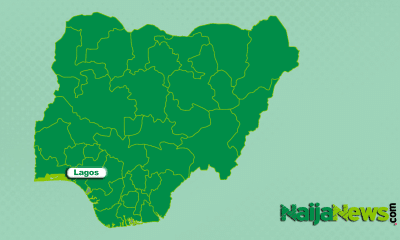Business
Nigerian Economy Today: 10 Key Updates You Need to Know This Saturday Morning

The Nigerian economy continues to face multifaceted challenges and opportunities. Here’s a roundup of the latest key updates today, Saturday 17 February 2024:
1. Naira Volatility: The Naira hit a record intra-day high of N1607 against the US dollar amidst rising demand pressure and inflation. Despite the Central Bank of Nigeria’s (CBN) efforts to stabilize the currency, challenges persist.
2. EU’s Investment in Renewable Energy: The European Union plans to invest €37 million in solar and hydropower projects across Nigeria, aiming to enhance healthcare centres and rural areas’ access to power.
3. Forex Policies Under Scrutiny: CBN’s forex policies are facing challenges as the exchange rate approaches ₦1,700/$1, highlighting structural issues affecting exchange rate stability.
4. Health Infrastructure Upgrade: President Tinubu has approved a comprehensive upgrade of cancer-treatment infrastructure and other vital healthcare services across six tertiary hospitals in Nigeria.
5. Cleantech Startup Arnergy’s Expansion: Nigerian cleantech startup Arnergy raised $3 million for expansion, financed by All On, a Shell-backed off-grid energy investment company.
6. Building Material Price Concerns: The Housing Minister expressed concerns over the incessant hike in prices of cement and building materials, calling for a meeting with manufacturers to address the issue.
7. Lagos State’s Housing Efforts: Lagos Government has provided over 3,000 housing units in the past five years and aims to reach 7,000, targeting to alleviate the housing shortfall amid population growth.
8. Cost of Living in Various States: A recent report highlighted the most expensive states to live in Nigeria as of January 2024, with significant increases in inflation rates and food prices affecting residents’ living costs.
9. Nationwide Protest Over Hardship: The Nigeria Labour Congress (NLC) has announced a two-day nationwide protest for February 27 and 28, in response to the Federal Government’s failure to address nationwide hardships.
10. Rising Food Inflation: Food inflation rates have notably increased in several states, significantly impacting the cost of living and exacerbating economic hardships for many Nigerians.












